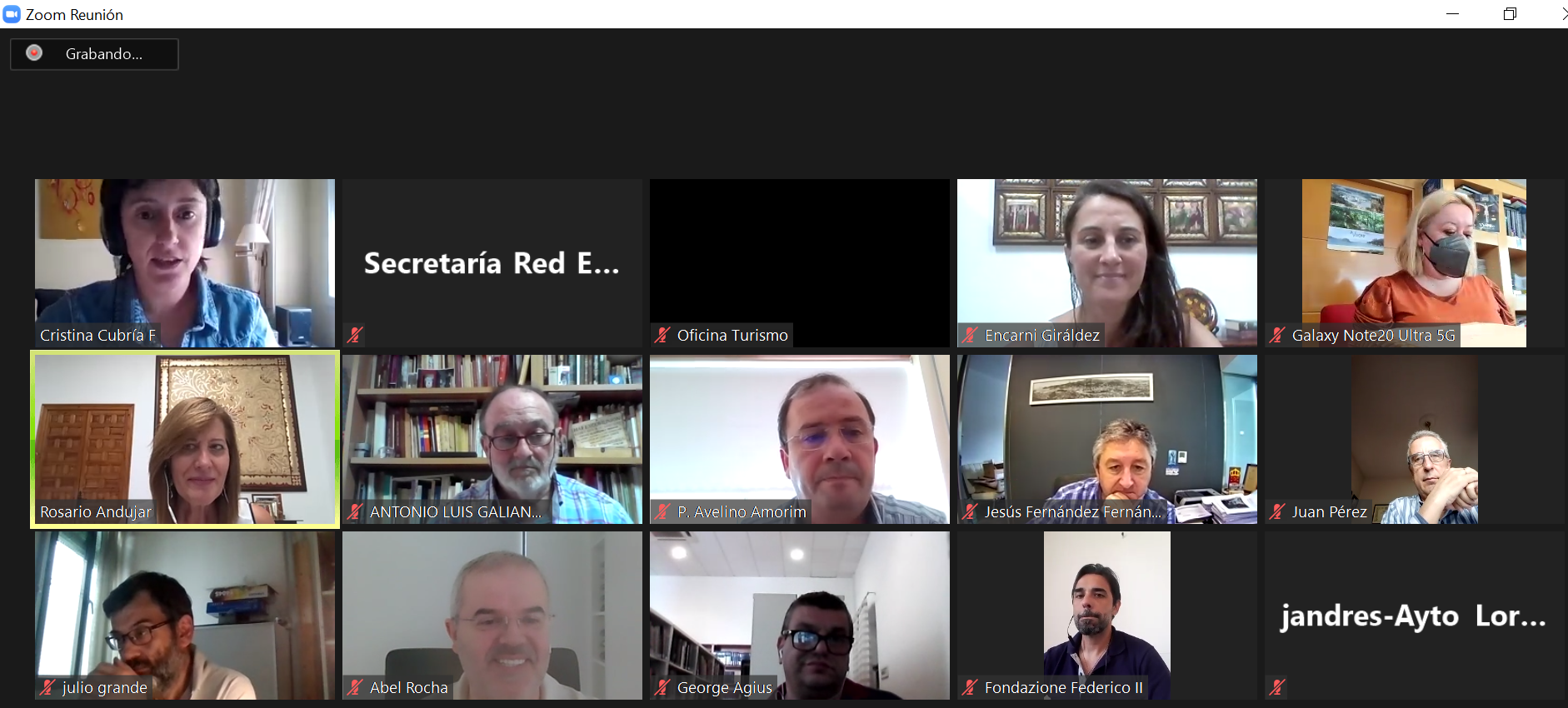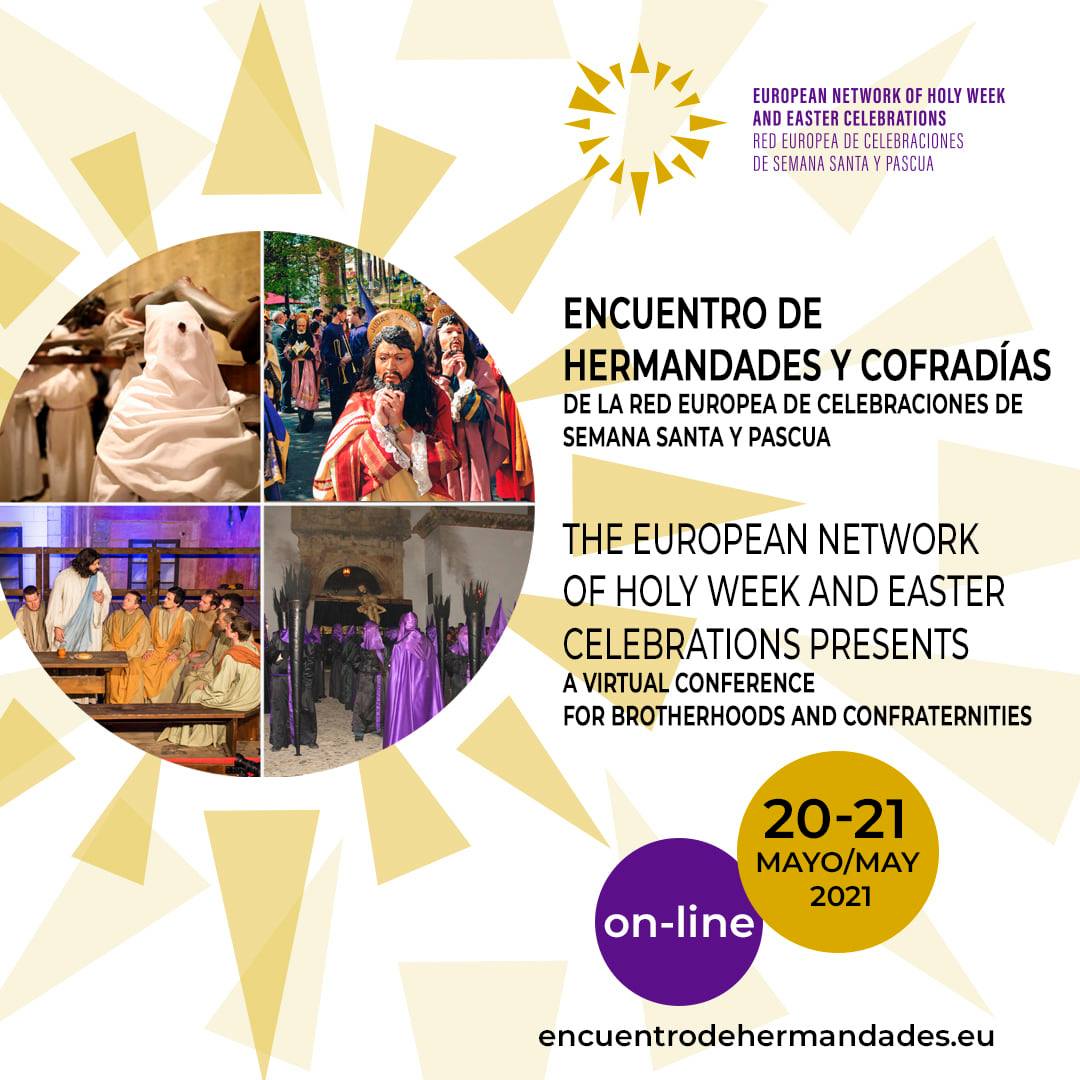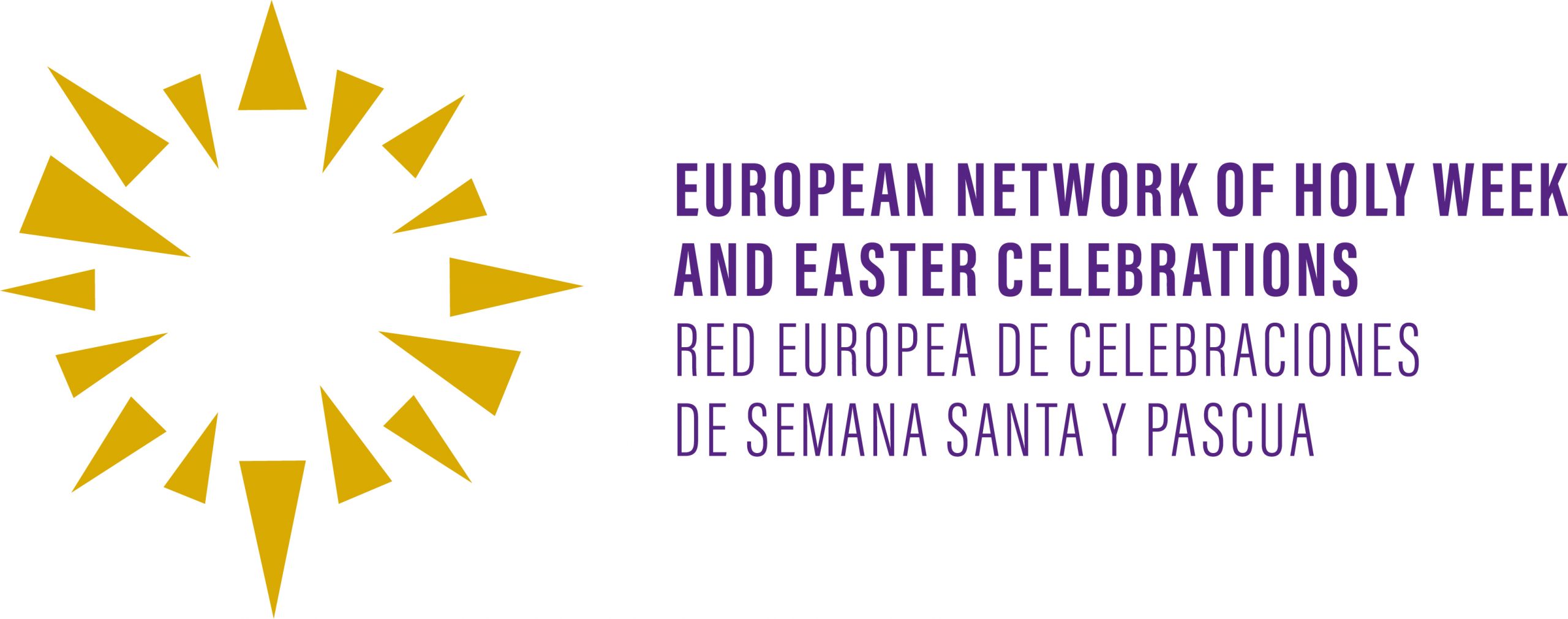
The European Network of Holy Week and Easter Celebrations will present its candidacy as a European Cultural Itinerary
- The approval of the candidacy took place yesterday during the celebration of its Ordinary Assembly
- It was attended by representatives of all the member countries of the Network: Spain, Italy, Portugal, Malta and Slovenia
01.07.2021.- The European Network of Holy Week and Easter Celebrations, within the framework of the Ordinary Assembly held yesterday morning, approved the presentation of the file for the institution’s candidacy as a European Cultural Itinerary.
With the vote in favor of all the attendees, including representatives of all the member countries (Spain, Italy, Portugal, Malta and Slovenia) under the presidency of Rosario Andújar Torrejón, the Network gave its approval to said action. It will take place during the month of July and will allow it to position itself as a cultural attraction of recognized value throughout Europe.
Launched by the Council of Europe in 1987, the Cultural Routes of the Council of Europe are an invitation to travel and to discover the rich and diverse heritage of Europe by bringing people and places together in networks of shared history and heritage. They put into practice the values of the Council of Europe: human rights, cultural diversity, intercultural dialogue and mutual exchanges across borders.
Over 30 Cultural Routes of the Council of Europe provide a wealth of leisure and educational activities for all citizens across Europe and beyond and are key resources for responsible tourism and sustainable development. They cover a range of different themes, from architecture and landscape to religious influences, from gastronomy and intangible heritage to the major figures of European art, music and literature.
As pointed out by the president of the European Network of Holy Week and Easter Celebrations, Rosario Andújar Torrejón, “The certification Cultural Route of the Council of Europe is a guarantee of excellence. The networks implement innovative activities and projects pertaining to five main priority fields of action: co-operation in research and development; enhancement of memory, history and European heritage; cultural and educational exchanges for young Europeans; contemporary cultural and artistic practice; cultural tourism and sustainable cultural development”. Through its programme, the Council of Europe offers a model for transnational cultural and tourism management and allows synergies between national, regional and local authorities and a wide range of associations and socio-economic actors.
More about the European Network
The European Network of Easter and Easter celebrations was created in 2019 and is part of the Italian Federico II Foundation, representing the municipalities of Palermo and Caltanissetta, Sicily (Italy); Birgu municipality in Malta; the Commission on Lent and Celebrations of Braga’s Holy Week in Portugal; Representations of the Passion of Christ in Skofja Loka, Slovenia; the municipalities that are part of the ‘Caminos de Pasión’ route: Alcalá la Real in Jaén, Baena, Cabra, Lucena, Priego de Córdoba and Puente Genil in Córdoba and Carmona, Écija, Osuna and Utrera in Seville. Also within the Spanish geography we find Orihuela in Alicante; Lorca in Murcia and Viveiro in Lugo.
Its objective is to promote and disseminate cultural heritage, both tangible and intangible, related to the celebrations of Holy Week and Easter through actions that enhance this heritage, promote sustainable tourism development around it and contribute to safeguard the intangible heritage through scientific and research work.



